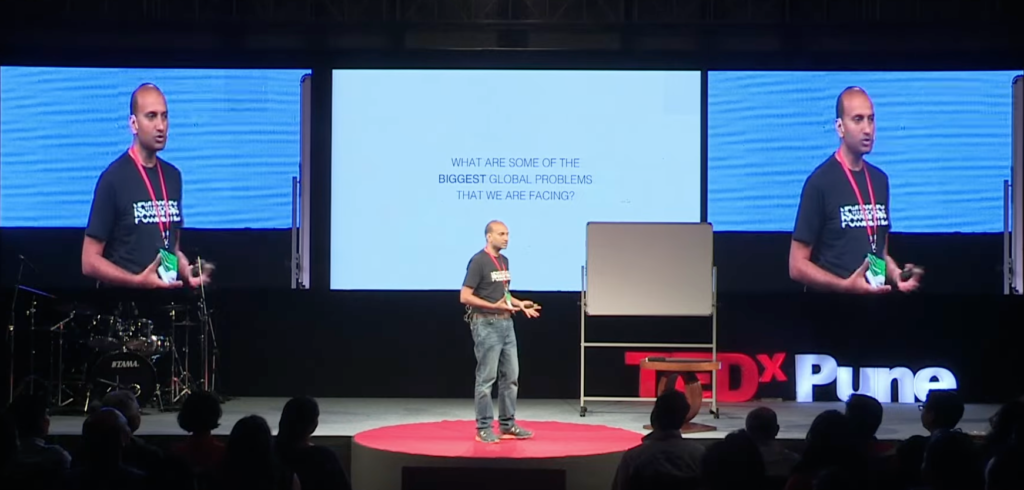This article provides water conservation hacks for Gen Zs and young professionals to help reduce water usage and promote renewable energy. The hacks include using water-efficient fixtures, recycling water, harvesting rainwater, fixing pipe leaks, and practicing responsible water usage in daily activities. By adopting these practices, we can make a positive impact on our planet and create a sustainable future.

PHOTO: Amritanshu Sikdar on Unsplash
Water is a precious resource that we often take for granted. With the world’s population is increasing rapidly, water conservation is becoming more critical than ever. As Gen Zs and young professionals, we have the power to make a difference by adopting sustainable practices that can help preserve our planet’s potable water resources.
This article will explore some water conservation hacks that can help us reduce water usage and embrace renewable resources for a sustainable future.
Water-Efficient Fixtures: Saving Water Without Sacrificing Comfort
One of the easiest ways to conserve water is by installing water-efficient fixtures in our homes. These fixtures are designed to use less water without sacrificing comfort.
For example, low-flow showerheads can reduce water usage by up to 50%, while dual-flush toilets can save up to 68% of water per flush. These simple changes can significantly reduce our water usage and save money on our water bills.
Water Recycling: Making the Most Out of Every Drop
Another way to conserve water is by recycling it. Greywater systems can collect the water from our showers, sinks, and washing machines and reuse it for irrigation or flushing toilets. This reduces the demand for potable water and helps us make the most out of every drop.
Additionally, some cities offer programs that allow residents to recycle their wastewater, which can be used for non-potable purposes like landscaping or industrial processes.
Alternative Water Resources: Rainwater Harvesting for a Sustainable Future
Rainwater harvesting is another way to conserve water and reduce our reliance on potable water resources. By collecting rainwater, we can use it for irrigation, flushing toilets, or even for drinking if adequately treated.
Rain barrels or cisterns can be installed in our homes, and some cities offer incentives for rainwater harvesting systems, such as Sunset Valley, Texas, which offers a $3,500 rainwater system rebate, as well as a $5,000 rebate from the City of Austin. This helps us conserve water and promotes renewable energy by reducing the energy needed to transport water from distant sources.
Fixing Pipe Leaks and Responsible Water Usage in Daily Activities
Fixing pipe leaks is a simple yet effective way to conserve water. A single leaky faucet can waste up to 3,000 gallons of water yearly, while a leaky toilet can waste up to 200 gallons daily. We can save water and reduce our water bills by fixing these leaks.
Additionally, we can practice responsible water usage in our daily activities by turning off the tap while brushing our teeth, taking shorter showers, and only running full loads in the dishwasher or washing machine.
Joining the Movement for a Sustainable Future
Water conservation is essential for a sustainable future, and as Gen Zs and young professionals, we have the power to make a difference. By adopting these water conservation hacks, we can reduce our water usage, save money, and promote renewable energy. Let’s join the movement for a sustainable future and make a positive impact on our planet.
BillionBricks is one with your aim to save as much water as possible for the environment.
To know more about our BillionBricks and our net-zero homes and communities, please email us at hello@billionbricks.org.
References:
-
Princeton Student Climate Initiative. Why Do We Need to Use Water Responsibly? 2021.
-
Sunset Valley, Texas official website. Retrieved from https://www.sunsetvalley.org/residents/community-programs/rebate-programs/rainwater-harvesting-systems.
-
United States Environmental Protection Agency. Basic Information About Water Reuse. Retrieved from https://www.epa.gov/waterreuse/basic-information-about-water-reuse.
-
Venturewell. Water-Efficient Fixtures and Equipment. Retrieved from https://sustainabilityworkshop.venturewell.org/buildings/water-efficient-fixtures-and-equipment.html.


